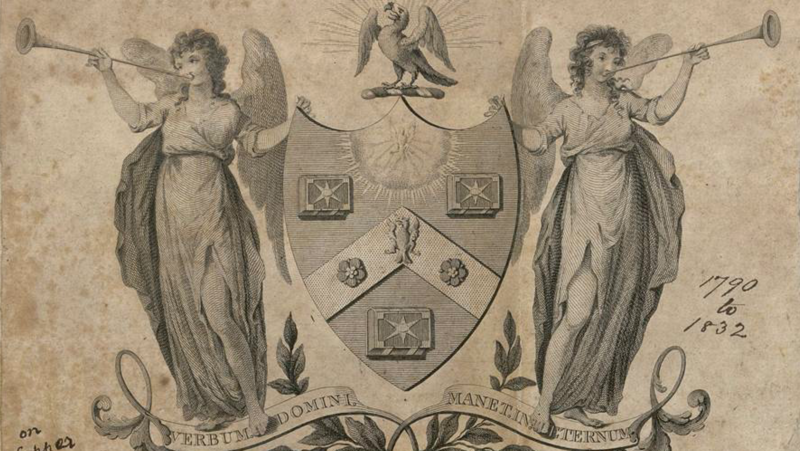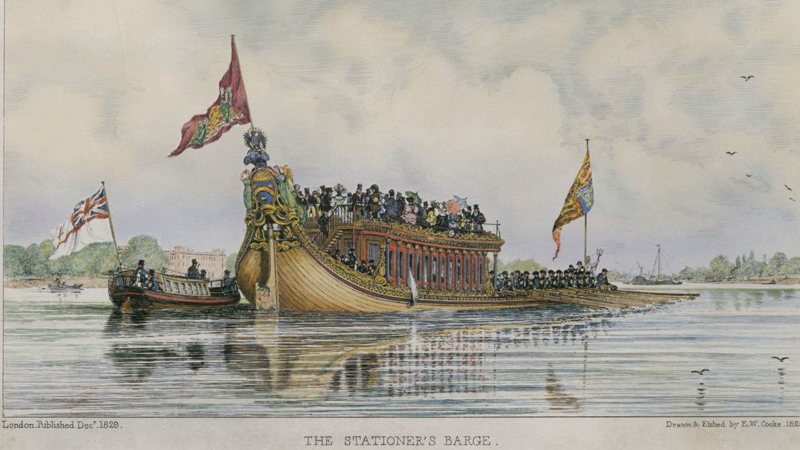Thanks to the renewed cooperation with the FID AAC and the support of the German Research Foundation the database "Literary Print Culture" is now available to German library users. After granting access to the Publisher's Weekly Digital Archive, the FID BBI negotiated a second national licence for Germany this summer.
The Adam Matthews database "Literary Print Culture" contains digitized business and administration documents from the archive of the "Worshipful Company of Stationers and Newspaper Makers" (aka Stationers' Company), a book trader's guild founded in 1403 in London. This guild later held the monopoly over print and publishing in England for several stretches during the 16th and 17th century. The Stationers' Company played a central role in the development of censors, censorship of the press, and the copyright.
Because we negotiated a national license for Germany, you can access "Literary Print Culture" via the central Database Information System (DBIS) in Germany.






